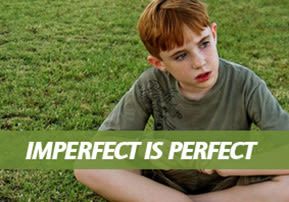
Imperfect is Perfect
We were still not accepting that our autistic child was Hashem’s will, meant for our very best. For years, we fought vainly against Hashem’s loving-kindness…

The Rabbi was a happy person with a warm smile. He invited Sarah and me to his house to go over some last minute stuff before our wedding.
Entering the house, our eyes were drawn to the top floor and all the railings which were heavily boarded to prevent a fall – there was an autistic child living here.
Working in mental health professions somehow blinded Sarah and I from thinking that such a fate could happen to us too. This was a problem that only happened to other people.
Well, Hashem didn’t agree. But in his Infinite Mercy, He sent us the solution even before the “problem”.
We were married for almost two years before Yossie was born. But my strong desire to become observant didn’t start until right before his birth.
It was nerve-wracking to see him for the first time. Yossie was born blue with the cord wrapped twice around his neck; even so, he was given medical clearance and in a few days we took him home thinking that he was perfectly “normal”.
At the Bris (circumcision), there were family-members who scoffed at our new-found religious rituals.
I imagined the tearful prayers of my great, great, great grandparents when they probably noticed that religious observance was weakening in our family. How they must have begged Hashem that the Light of Torah should continue to shine through the generations of our family.
One would have thought that those prayers were said in vain, but Hashem had other plans. He held those prayers in Heaven until the right grandchild was born – Yossie was that special soul whose influence would heal the broken chain of Judaism in my family – at least I hoped so.
Yossie was 6 months old when he started banging his head. It was gut-wrenching to watch our strikingly beautiful and otherwise “normal” child repeatedly banging his head and hitting himself. We were stunned by what was happening. Was this G-d’s way of repaying us for becoming religious? The perpetual purple bruise on our son’s forehead made us feel cursed.
As a toddler Yossie wasn’t making sounds and didn’t understand what was being said to him. At age two, he was diagnosed with a speech and language problem and at three with pervasive developmental disorder – autism.
Little did we know, but the “horrific” news was to become one of our lives greatest blessings.
The blessing didn’t unfold right away. Although religion helped us to cope, we were still not accepting that this was Hashem’s will and that it was meant for our very best. We went through years of trying to “overpower” Hashem’s wisdom and change his decree. The results were just frustration and discouragement.
It was also difficult for our other children. They felt the pain of having a brother who was not always accepted and sometimes ridiculed. It was hard for them to understand the world’s reaction to Yossie.
In time, we became more aware of the great gift Hashem had given us:
When Avi was in 6th grade he wrote an essay he called: “What I admire most about my older brother.” He said that the person he admired most was his brother Yossie because: he has no sins; he never gets angry at people and he never speaks lashon hara (forbidden speech) about others. He said that Yossie was a very giving person and wanted very little for himself (which is all true). If you ask him for something, he’ll usually give it to you, even if he does want it for himself.
And you should see our daughter, Yocheved, at age 9, engaging her brother Yossie, 19, in creative play, board games, and catch. At times, both she and Avi help Yossie feel more included even with their own friends.
Amongst the greatest blessings that we receive from having Yossie is that our other kids are growing up attuned to what is most important in life: kindness and compassion to others. At a young age, they already see beyond their own needs and feel the responsibility of being of service to others.
Yossie loves it here in Jerusalem. He has never been treated with more acceptance and respect. We felt comfortable taking Yossie off medicines here and just let him be himself.
Yossie also loves the little synagogue where we pray on Shabbat. The people in synagogue accept him even when he runs, jumps, flaps his arms and occasionally bangs on the table. He is careful to not go too far, and the people understand that this is how Yossie serves Hashem.
Sarah once asked Yossie what he prays for. He answered: “To give nachas (joy and pride) to Hashem.” How  do you think most people would answer that question? Are most people praying to give to Hashem (nachas) as Yossie does or are they praying to get from Hashem?
do you think most people would answer that question? Are most people praying to give to Hashem (nachas) as Yossie does or are they praying to get from Hashem?
In Rebbe Nachman’s story of the Seven Beggars, the beggar who had a speech defect said: “You think that I have a speech defect. I do not have a speech defect at all. Rather, all the (mundane) words in the world which do not praise G-d have no perfection in them” (and he therefore couldn’t pronounce them).
Yossie has given Sarah and me the gift of seeing that all of the “imperfections” in the world are really Hashem’s perfections.
Now I’m sure that Yossie was the answer to my ancestor’s prayers; Hashem knew that he was just what we needed to find our way back to Him.


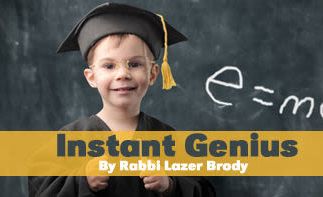

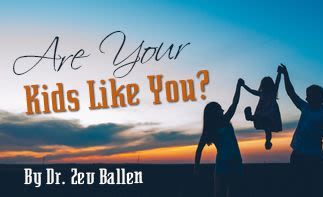
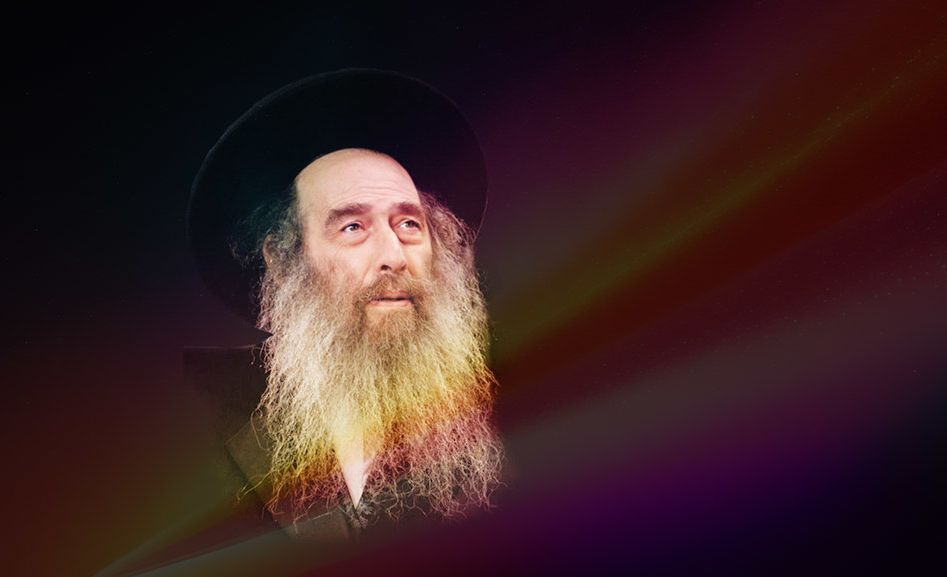
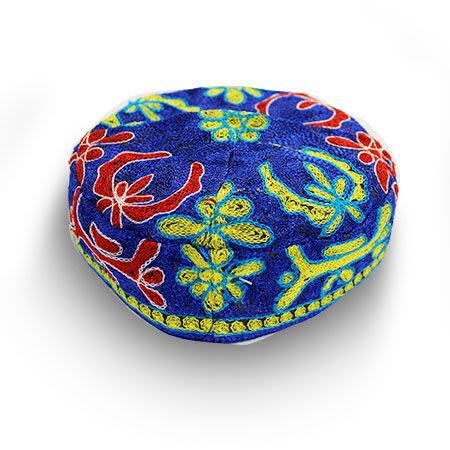
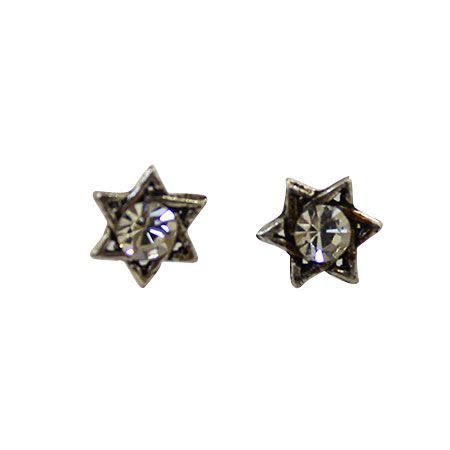

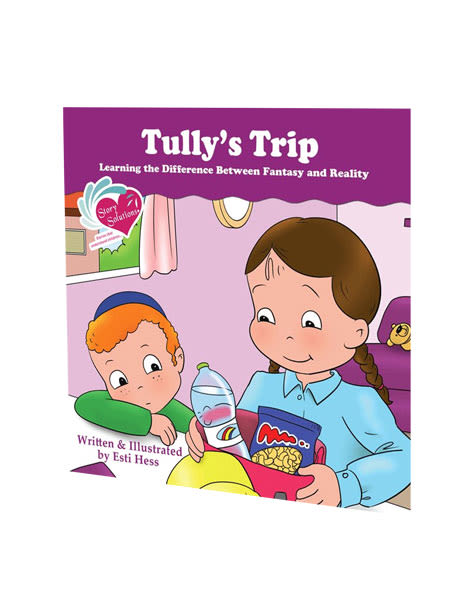
Tell us what you think!
Thank you for your comment!
It will be published after approval by the Editor.